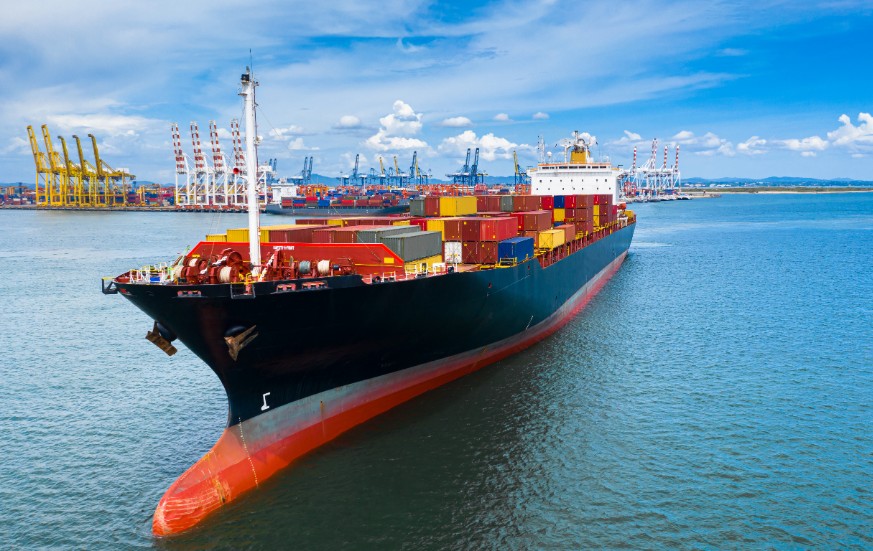
Two of the world’s largest shipping companies have announced that they will be ending their partnership in January 2025.
Maersk and Mediterranean Shipping Company (MSC) – known as the 2M alliance – said yesterday (25 January) that they will be not be renewing the agreement they signed in 2015.
According to the FT, they are the first and second ranked container shippers by volumes.
No immediate reasons were given for the move, which leaves just two shipping groups standing: The Alliance and Ocean Shipping Alliance.
Statement
TradeWinds reports a joint statement from Maersk CEO Vincent Clerc and MSC chief Soren Toft:
“MSC and Maersk recognise that much has changed since the two companies signed the 10-year agreement in 2015.”
“Discontinuing the 2M alliance paves the way for both companies to continue to pursue their individual strategies.”
Both companies stated that the move would have no immediate impact on customers.
Objectives
The Loadstar stated that MSC and Maersk had different business plans in mind for the future, although noted both parties had repeatedly denied they were planning to break up their relationship.
Maersk has kept its fleet size largely the same, whilst MSC looked to expand in recent years.
"Today, we have a much different strategy, where we more look at how to integrate container shipping at sea with our land-based logistics business," Maersk's head of ocean shipping Johan Sigsgaard told Reuters.
Background
According to shipping specialist Lloyd’s, the agreement was signed in 2015 when the global ocean freight industry was struggling with low rates and overcapacity.
It came about after a proposed alliance involving French shippers CMA CGM was rejected by the Chinese authorities.
At the time, it was meant to enhance the efficiency and reliability of both carriers, as well as serve as a means of cost saving.



